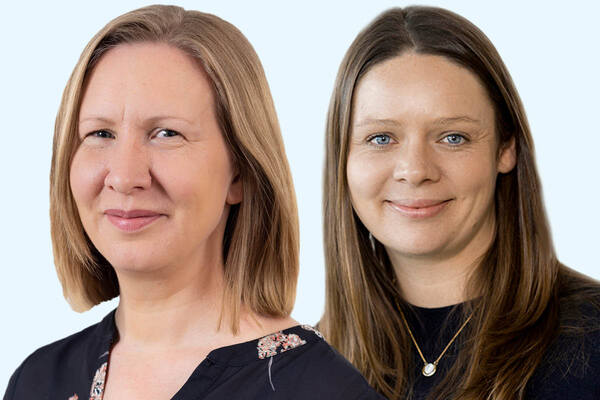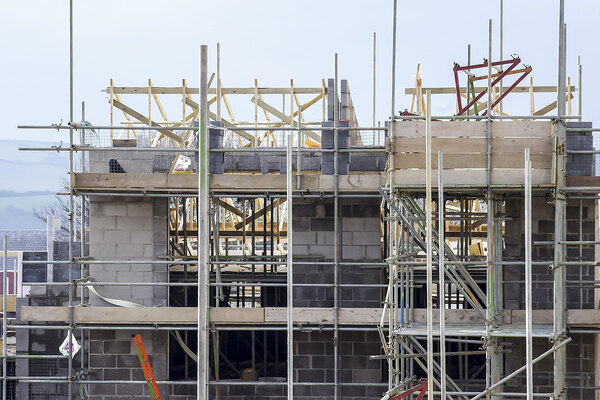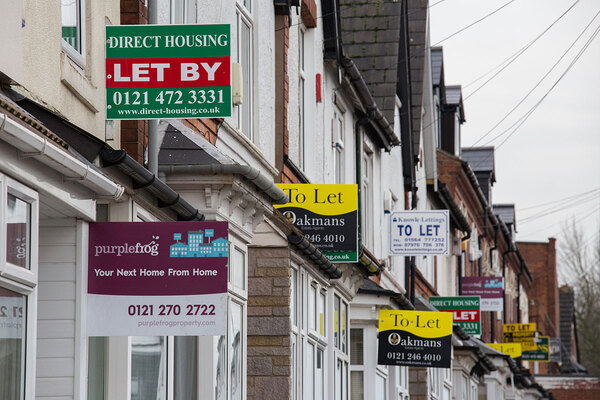You are viewing 1 of your 1 free articles

Why housing leaders must take time to reflect as the challenges mount
As a perfect storm of challenges hit the sector, now is the time to decide on solutions that will last for generations, say Rina Goldenberg Lynch and David Levenson
At the height of lockdown in May, a group of housing chief executives, board members and other leaders joined us virtually for a round table conversation about how social housing providers are planning to emerge from the first phase of the COVID-19 pandemic.
Would they return to life as it was or use the experience of pivoting to a different way of working to leap into a new future?
We asked them if they expected to:
- recover – restore services as they were before moving to remote working for all staff;
- reset – bring back services with a significantly different operating model; or
- reshape – revisit their purpose and relationships with stakeholders, and transform their service offer to residents.
None of the leaders who were present went for the first option. The majority opted for ‘reset’, but a significant number chose ‘reshape’.
Since then we have heard from other housing providers that have reflected on recent events and are now thinking about fundamental shifts in their purpose and priorities.
Housing providers are starting to recognise a significant change in their relationships with residents, stakeholders and staff as a result of COVID-19.
This alone would be sufficient to prompt a reappraisal of how organisations evaluate their purpose.
The death of George Floyd in Minneapolis resulted in an outpouring of emotion and anger that was no less profoundly felt in black communities in Britain than it was in the US. Platitudes out of the mouths of (mostly white) leaders in housing will no longer do.
Furthermore, issues that have been close to the heart of people in housing, such as rough sleeping and domestic violence, assumed an even darker hue as the virus tightened its grip, leaving the most vulnerable more exposed than ever before.
“The accumulation of challenges, before touching on the knock-on impacts of health inequalities and rising costs of social care provision, call for deep reflection by all leaders”
The spectre of widespread financial distress will loom large when the government’s temporary safety nets are withdrawn.
As past crises have proved, those in the lowest economic strata will feel the coldest of blasts.
From the Future Homes Standard, requiring all new homes to be installed with low-carbon heating by 2025, to the need for more lifetime homes to cater for an ageing population, the challenges for social housing providers are racking up.
Despite the government’s pledge to “build, build, build”, we no longer expect housing need in 21st century Britain to be addressed by the Treasury even though the level of public sector debt arising from the rubble created by COVID-19 is likely to outstrip the previous financial crisis of 2008.
The accumulation of challenges, before touching on the knock-on impacts of health inequalities and rising costs of social care provision, call for deep reflection by all leaders.
They also call for conversations and learning that can harness the best diverse thinkers from within and outside the housing sector, including the tech-savvy new generation of leaders.
“What is needed is time and space to shift attitudes and create solutions that will reshape social housing’s purpose for the next generation or two”
Greta Thunberg proved how a single clear voice can command attention. However, housing is not short of messages with which to define problems.
What is needed is time and space to shift attitudes and create solutions that will not just reset operating models for two or five years, but reshape social housing’s purpose for the next generation or two.
To help these conversations along, we have set up Housing On The Table, a multi-platform forum for leaders to explore how housing providers that have functioned in much the same way for the past 50 years can embrace the moment and opportunity for real change – from the frontline to the boardroom.
Rina Goldenberg Lynch, founder and chief executive, and David Levenson, associate consultant, Voice At The Table











